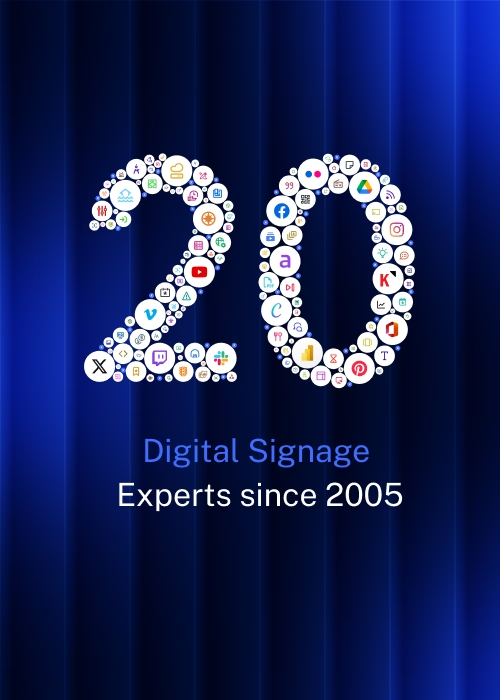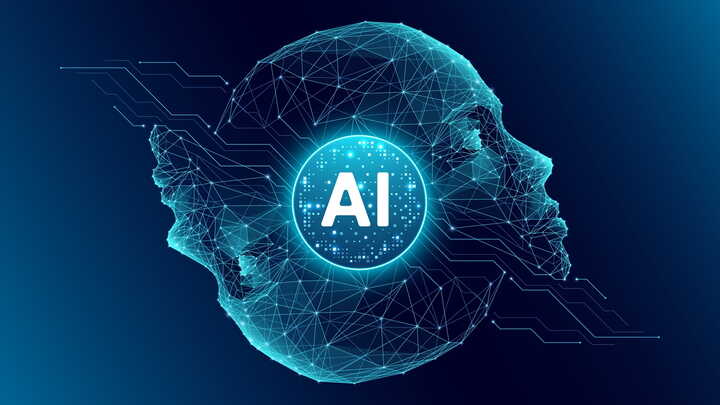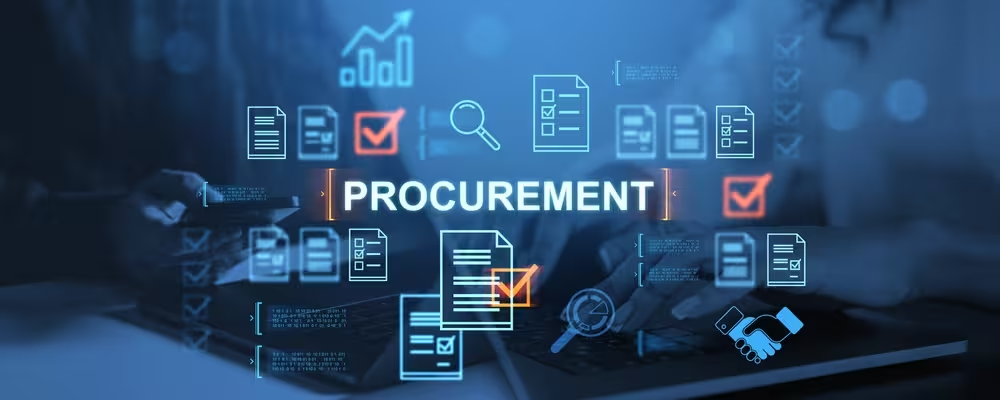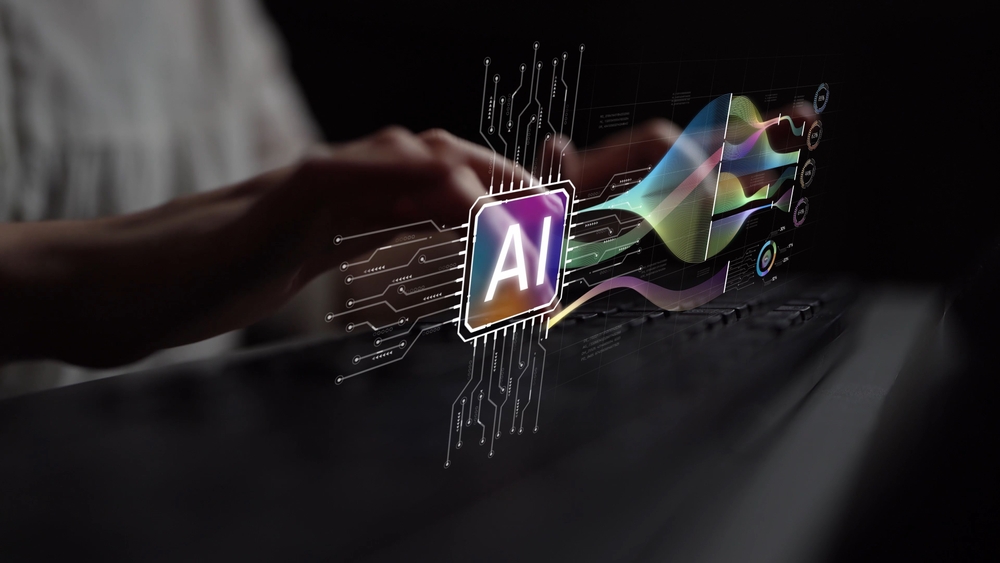The Benefits of a Mini PC
The personal computer market began with desktop PCs like the IBM PC, Apple II, and MITS Altair. Later on, handhelds, laptops, tablets, smartphones, and game machines came into the market. Advancements in technology have also led to the manufacture of all-in-ones, servers, workstations, and giant server farms that support cloud services.
Indeed, PCs are currently incorporated into numerous products that offer a graphical user interface. Examples include cash machines, public access kiosks, and signage displays. You're probably familiar with airport displays, ticket machines, and giant billboards displaying Windows error messages.

What Is a Mini PC?
A mini PC works like standard PCs. The main difference is that it takes up less space than traditional desktop workstations. Actually, the initial editions had low-powered devices that required an upgrade to appeal to the corporate sector. This led to the introduction of Intel's NUC in 2013. NUC offers powerful computing technology for industries that need a small form factor.
There are now many mini PCs with different configurations suited for various applications. The typical examples include digital signage, POS terminals, and ATMs.
Here are some main benefits of a Mini PC and its application across different industries.
1. Convenient Size
One of the primary mini PC benefits is its convenient size. This form factor is small and compact. It's 1/30 the volume of a traditional desktop and equal in thickness to a 130-page book. Its length and width are as large as an A5 paper. Also, there are smaller MINI PCs on the market, like computer sticks which are the size of a U disk.
The Mini PC's convenient size makes it easy to carry. For example, there are models that you can hold in your trouser pocket. The compact size of the mini PC and its small motherboard gives you the flexibility to place it upright or lying down.
What's more, some Mini PCs come with a VESA mount. This allows you to hang them on a wall, behind a monitor or TV. As a result, there is less clutter and cleaner space.
However, many traditional large desktop computers cannot satisfy the aesthetic demands of modern people. The stylish design of the Mini PC, together with its exquisite and small design, makes it suited for any setting.
The small size of a mini PC means that you'll have less clutter. Thus, there's no need for surplus computing equipment. The PC has enough ports to accommodate multiple peripherals and monitors. It's also quiet and easy to set up. Conversely, traditional computers can disintegrate into many connectors and wires, leading to an accumulation of heat and dust issues.
2. Pocket Friendly
Another apparent mini PC benefit is its pocket-friendly cost. This is in terms of low power consumption and minimal maintenance. Indeed, these small computers demand less power consumption. To compare the energy consumption of both desktops and small computers, compare their monthly electricity bills. The average power consumption for a mini PC is several times lower than laptops and tower-sized desktops.
One of the reasons for this is that these PCs come with integrated graphics and don't support GPU. This feature helps save on power consumption. As a result, mini PCs are more cost-effective and energy-efficient than conventional PCs.
3. No Noise Pollution
The compactness of mini desktops doesn't mean they cost more than traditional desktops. In fact, they're cheaper. The low cost of mini PCs applies to the buying price and the maintenance costs. These PCs require minimal maintenance. This is because it has limited components. Hence, you don't have to worry about soot, dust, or other air particles because they cannot penetrate the chassis or ruin the computer's internal parts.

The noise of large desktop computers has dramatically affected the experience of game players, computer workers, and home life. Imagine working with a computer that's rumbling all the time. This can be a great nuisance and even affect your concentration.
Fanless mini PCs don't dissipate heat through fans. This means the machine will have zero noise when you're operating it. As a result, you'll experience peace and calm while working.
4. Television Set-Top Boxes
Although video streaming is best achieved with a Roku stick, Amazon Fire TV, or TV box, mini PCs can act as set-top boxes. This applies to TVs that have HDMI and USB ports. Thus, you can mount these PCs behind your TV set. You only need Wi-Fi, a Bluetooth keyboard, or a mouse, and you're good to go.
Also, mini PCs play high-definition videos in a browser. This applies to models with a graphics card, SSD, and processor that can handle HD videos. They can also run Plex, Kodi, and MediaPortal media servers. Furthermore, the Windows 10 app allows you to access Hulu, Netflix, BT Sport, Spotify, and Minecraft. Also, if you want to use Skype on your TV set, a mini PC will support that too.
Actually, to run programs like Excel on your TV set through the Mini PC, you can use media servers like MediaPortal, Plex, and Kodi. Alternatively, you can use Windows 10's touch-oriented apps. Mini PCs offer all the services that streaming sticks cannot provide. These services come at affordable prices.
5. Media Servers
When you mount a mini PC behind your TV set, it will work as a client by displaying media from the internet or your network-attached storage or PC device. But, since many mini PCs don't have sufficient storage capacity to operate as servers, you can add some.
Most of these computers have a solid-state drive with minimal capacity. So, you can achieve your additional storage needs by adding a USB thumb drive or SD card. The affordable sizes range from 8GB to 256 GB. Alternatively, you can add more storage by purchasing an external hard drive.
Applications of Mini PCs for Specific Markets
Minicomputers have gradually gained popularity in multiple industries. Here are some mini PC uses across some common industries.
1. Healthcare
Medical institutions are busy facilities where practitioners must access colossal patient records and make critical decisions. These facilities must have streamlined workspaces for easy administration.
Therefore, there are many benefits to using a mini PC in the healthcare field. This is because it takes up minimal desk space and allows staff to conduct their responsibilities without the inconvenience of clutter or lack of space.
2. Digital Agencies

In the creative industry, professionals prefer a solution that clears desk space and offers efficient desktop power. As a result, minicomputers fit this description. This unit's compact size and specs improve concentration, allowing users to be at their best when developing original concepts.
While most mini PCs don't support video editing, a few high-performance designs allow media creation and photo and video editing.
3. Finance
Banks and stock traders deal with crucial customer data, quantitative reports, and large workloads in the finance sector. These responsibilities require potent processors. Mini PCs deliver excellent computing power and performance that help these professionals offer quality workflows.
4. SMBs
Startups and average-sized companies need affordable and robust IT solutions to help them outdo their competition. Certainly, mini PCs take minimal time to install and deploy applications, allowing these organizations to focus on their business strategies.
5. Educational Institutions
Mini PCs fit in perfectly in settings that don't require intense video tasks. This is the reason they work for educational institutions. In fact, the computer lab in educational facilities, which was earlier filled with so many CPUs, has better legroom thanks to mini computers.
6. Domestic Applications
A mini PC is also an ideal computer for the whole family. You can use it to visit your social media platforms, surf the internet, and use it as a backup for essential data. Additionally, you can use these PCs for video conferencing. Moreover, you can use PCs to store and watch videos. Some homeowners connect these PCs to a TV or secondary monitor to stream high-definition videos.
In Conclusion

Computers have played a significant role in making life easier across different industries. From large desktop form factors, computer designs are now smaller, more powerful, and highly versatile. Indeed, the introduction of the small and compact minicomputers hit the world by storm. These small PCs don't only have a convenient size, but they're also portable and support many operating systems and applications.
While these computers have limited storage and processing power, there are many ways to upgrade these PCs to fit your specific needs. The above benefits of mini PCs and their applications are enough to convince you that they're the next big thing in computing.







